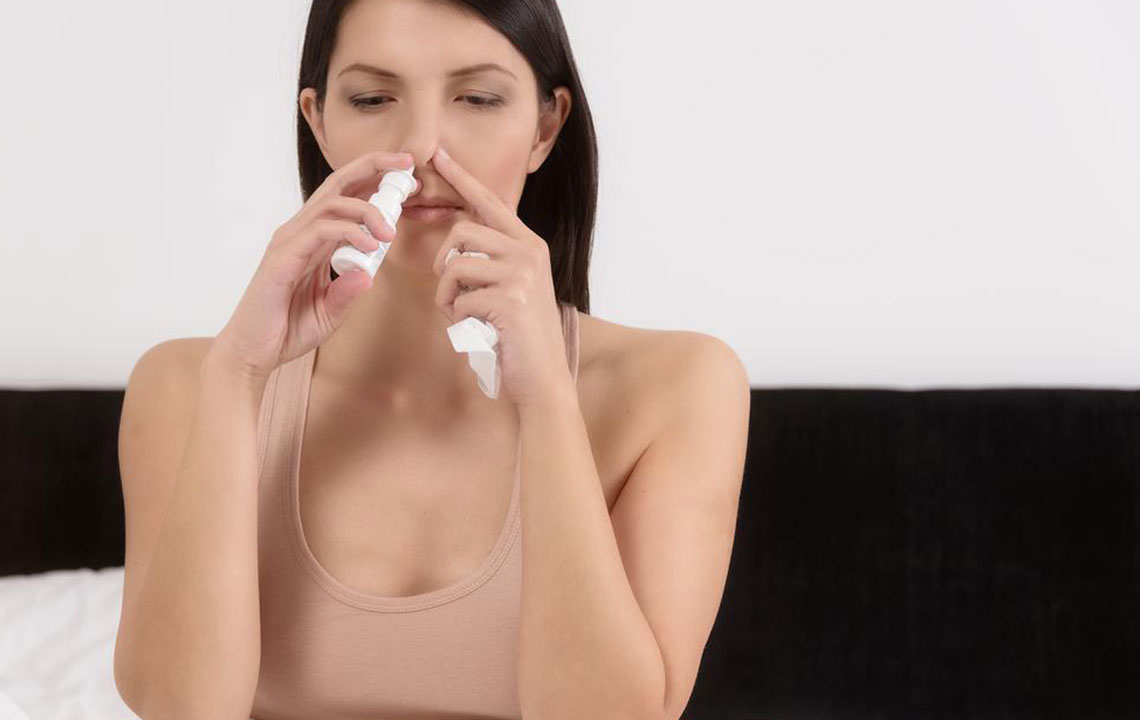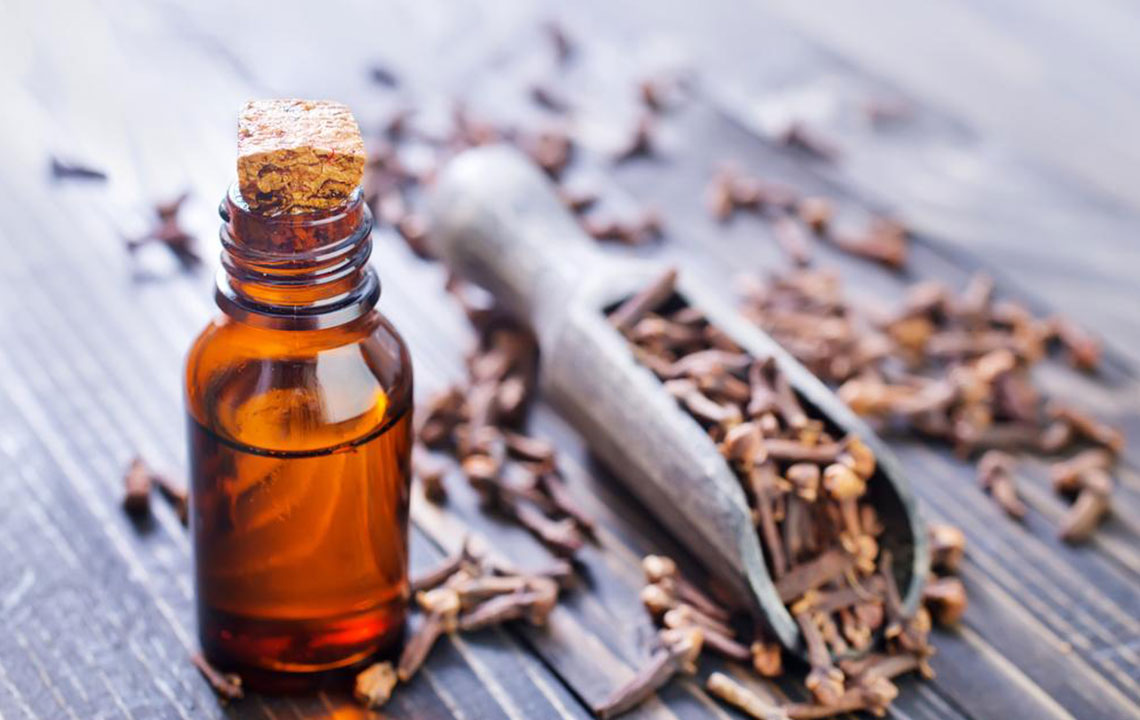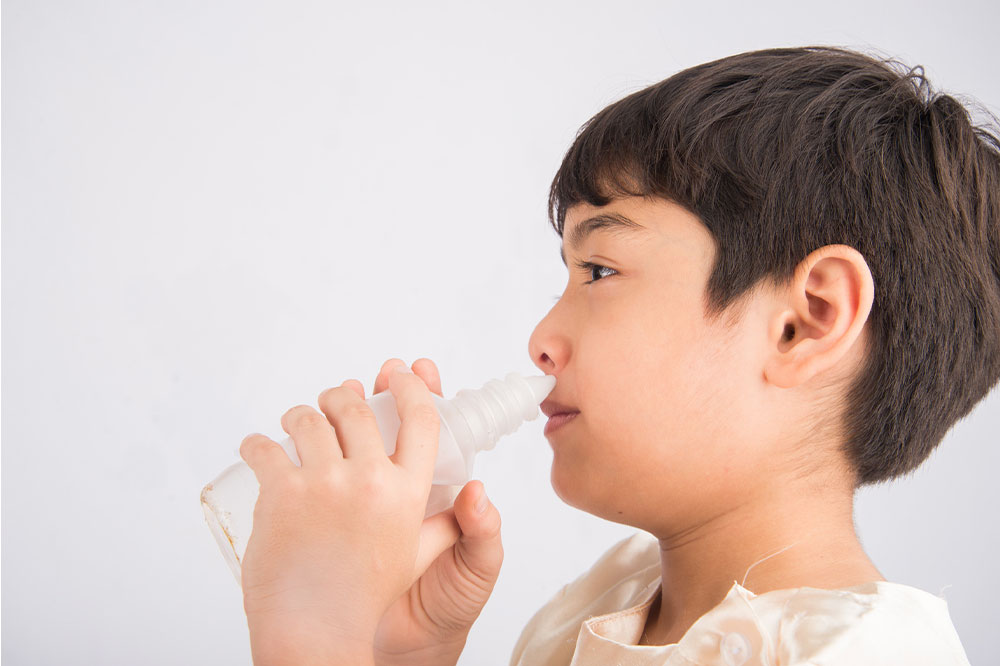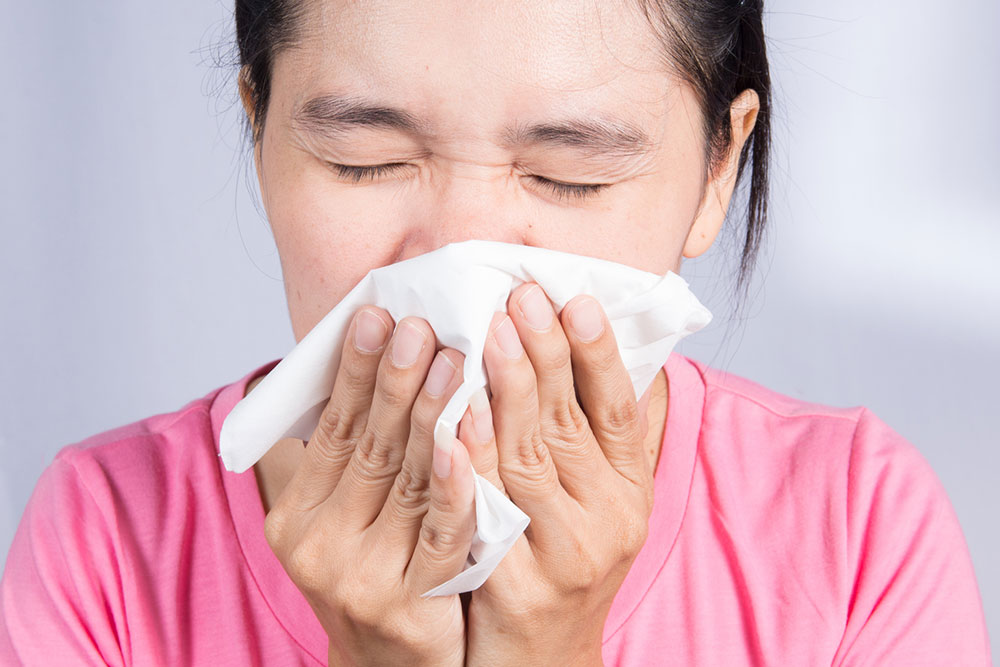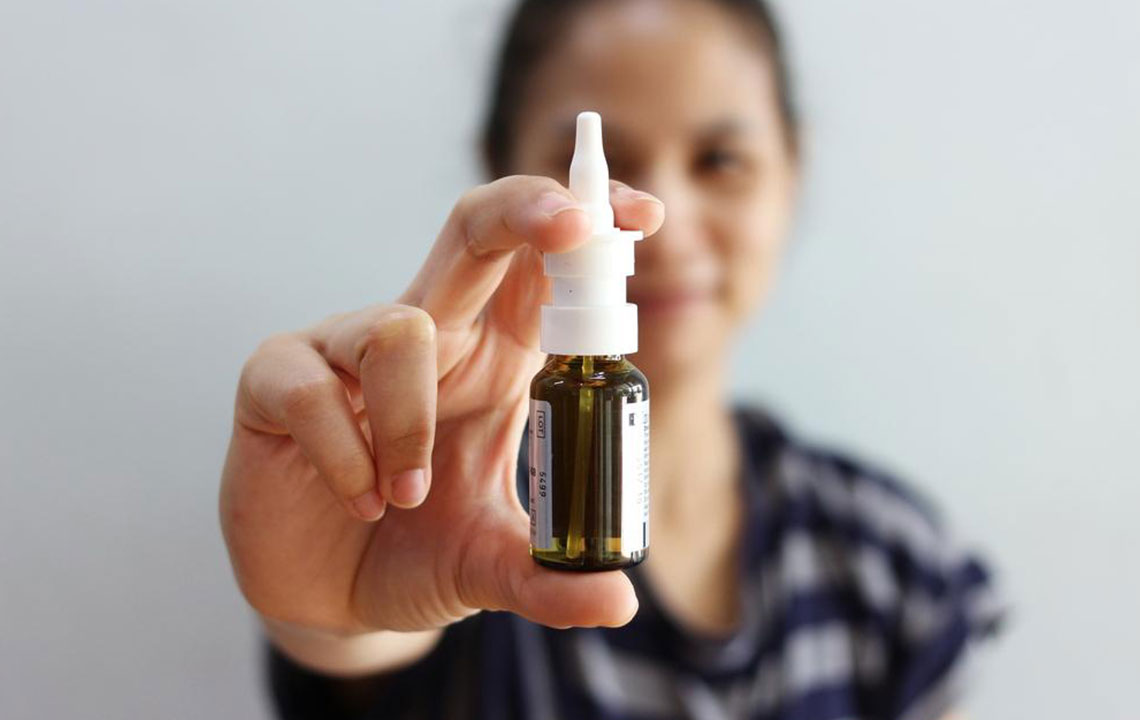Effective Home Solutions for Soothing Wheezing in Infants
Discover gentle and safe home remedies to alleviate wheezing in infants, including breastfeeding, steam therapy, hydration, and inhalation aids. Learn how these simple measures can improve your baby's breathing comfort quickly and naturally, helping them recover faster without the need for medications. Always seek medical advice for persistent symptoms to ensure proper care and safety.
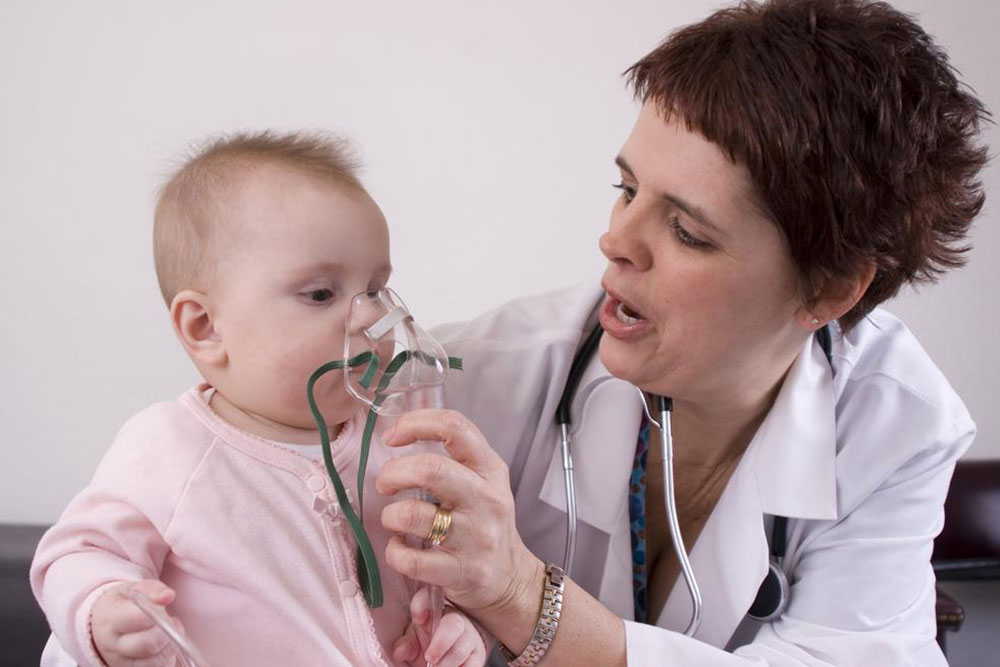
Natural Home Remedies to Alleviate Wheezing in Babies
Wheezing produces a high-pitched sound caused by difficulty in exhaling comfortably. It can arise from conditions like bronchitis, common cold, cough, or mucus buildup. While concerning, wheezing in babies isn't always serious and often temporary, related to inflammation that subsides as they recover. This article explores simple home methods to help soothe your baby's wheezing symptoms and improve breathing comfort.
Here are some effective home remedies to manage wheezing in infants:
Breastfeeding: Providing breast milk is one of the most beneficial ways to prevent and reduce wheezing in babies. Research indicates that infants breastfed for longer durations are less prone to respiratory issues like wheezing.
Steam Therapy: Steam inhalation can help open airways. You can take your baby into a steaming bathroom or create steam at home by boiling water in a closed jar and breathing in the vapors, which helps loosen mucus and soothe the chest.
Hydration: Increasing your baby's fluid intake helps thin mucus, easing breathing. Offer warm fluids such as heated water, milk, or warm breast milk to help clear respiratory passages.
Inhalation Aids: Gentle inhalers can relax the muscles around the nasal passages, providing quick relief. These are safer alternatives to antibiotics, offering immediate comfort without side effects.
Note: Our website shares educational and practical information for general awareness. However, these tips should not replace professional medical advice. Always consult a healthcare provider for accurate diagnosis and treatment of your baby's respiratory issues.

